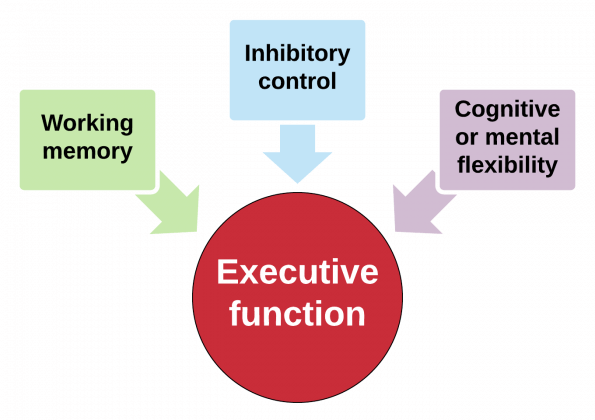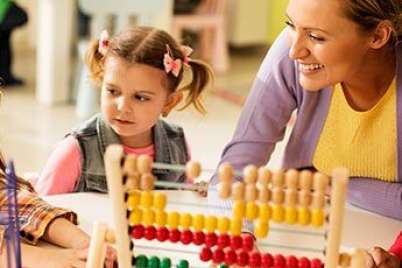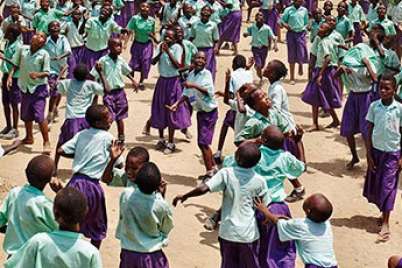
Executive function is the key to success in school
What is executive function?
Executive function can be compared to the skills an air traffic controller needs.
Air traffic controllers guide multiple planes in and out of the airport safely without any collisions. Regardless of how they are feeling or what is going on in the room, they focus on the planes and ignore all distractions.
Controllers can’t lose their temper or allow their emotions to get in the way. They prioritize who will land or take off first. If a plane is low on fuel or a blizzard is raging, then plans may need to change. Lives are at stake and decisions must be made quickly and efficiently, working together with others.
Executive function helps kids be successful in the classroom
Children are asked to accomplish similar tasks in the classroom. Successful students are able to focus on the task at hand and ignore the distractions caused by other children around them.
They remember instructions, make plans to complete their work, and if something isn’t going well, they try a different approach. They complete their work even if they aren’t feeling well or don’t feel like doing it. They are able to control their emotions, hunger, or restlessness, and wait until it is time to go out and play.
Executive function consists of working memory (remembering instructions), cognitive flexibility (making a plan and being able to change it if it isn’t working), and inhibitory control or emotional self-regulation (ignoring distractions, controlling emotions, and being able to wait).
Executive functioning is located in the front part of the brain, the last part of the brain to develop. In fact, the prefrontal cortex will continue to develop well into the mid-twenties.
How children develop executive function
- Watch your children play actively with other children and think about the executive function skills they are developing.
- They make a game plan, play for a while, change the rules or change the game altogether.
- They negotiate disputes and understand how to get along with others, sharing toys and space.
- They take risks, stretch their comfort zones to keep up with other children. They push themselves to run faster or climb higher.
- They recognize that if they lose their temper and hit another child, the game will be over so they learn how to play better together.
- When children are directing their own play, they get lost in time, ignoring all distractions including your call to head home for dinner. They play for longer periods of time, use their imaginations and creativity, explore, discover, learn, and experience joy.
Executive function is critical to success in school. Here are more ways you can get your kids ready to be in the classroom.








Hello Dianna,
After I posted my first reply to your question, Harvard sent out a new support document. This document not only explains executive function but also provides more information on how to further develop it in children, youth, and adults! Find it at: developingchild.harvard.edu/guide…-function/.
All the best,
Dawne
What if the executive function is naturally weak, is there a way to strengthen it?
Hello Dianna,
Thank you for the question! Yes, executive function can be supported and enhanced through a range of simple activities and games. These activities help children learn to take turns, control their impulses, and learn to plan and make good decisions. For example, simple games such as Simon Says or Red Light Green Light help young children learn to wait for the instructions before moving.
Harvard’s Centre on the Developing Child has developed a manual of activities for strengthening executive function skills from infancy through adolescence. You can download the manual at: 46y5eh11fhgw3ve3ytpwxt9r-wpengine.netdna-ssl.com/wp-co…ence-1.pdf.
All the best,
Dawne Clark